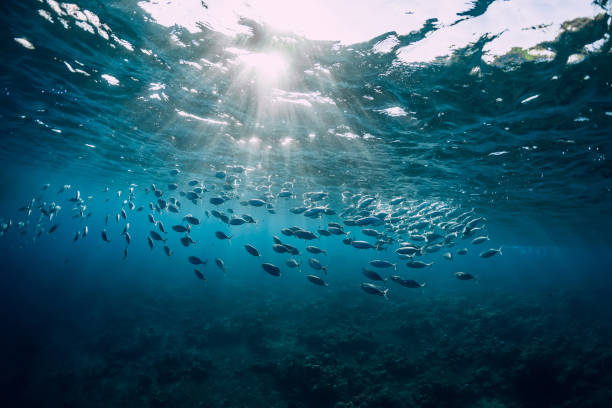How do fish breathe underwater?
Fish spend their whole lives underwater, yet they require oxygen to breathe. They do not require air to breathe and get oxygen from water. They require a significant volume of water to flow through the absorption surfaces utilizing their mouths and gills in order to acquire adequate oxygen into their bodies. All of the fish's body components function as a pump to keep water circulating across the gill surfaces for absorption.
The respiratory system is the mechanism that allows gas exchange between the water and the fish. This mechanism is critical for many of the fundamental processes that fish conduct. All fish, like us (humans), breathe in oxygen and expel carbon dioxide. However, this breathing in and out is only possible because of the oxygen found in water. Fish take in water via their mouths and then expel it through their gills. The oxygen in water is absorbed, and subsequently carbon dioxide is released in water, which exits the body via the gills.














